If you are distressed by anything external, the pain is not due to the thing itself, but to your estimate of it; and this you have the power to revoke at any moment.
Marcus Aurelius
The cave you fear to enter holds the treasure you seek.
Joseph Campbell
We can easily forgive a child who is afraid of the dark; the real tragedy of life is when men are afraid of the light.
Plato
Both faith and fear ask me to believe in something I cannot see.
Anonymous, heard recently at an AA meeting
From a linguistic perspective, it is always interesting to observe which words, as foreigners – so to say -, establish themselves in neighbouring languages. In today’s world, anglicisms flood into adjoining tributaries (French: le weekend) and separate rivers (Gaelic: e.g. many took part-time jobs = ghlac go leor daoine le jabanna páirtaimseartha). So how refreshing it is to find words that have moved the other way. One of those German terms which have made it to the global stage is the term `Angst´.
First introduced into English in 1872, its etymology includes the Latin angor `suffocation, anguish´. It is therefore a not-so-distant cousin of the word anger. This would indicate that the quality of fear expressed in the term `Angst´ is one of anxiety, apprehension, irritability, and insecurity. My personal association with this word includes aspects of pending existential obliteration, a state beyond human endurance.
This association may results from an almost daily occurring `nightmare´ during a period of several years of early childhood. Without going into the specifics, it was a state of foreboding on the threshold between wakefulness and sleep. I began to refer to it later, in my twenties, as the `glimpse´ and, many years later, realised it was what today would be referred to as a `panic attack´.
One memory from this period is seeing a ghost at the door of my bedroom and feeling the despair of powerlessness in the face of such a terrible threat. When, on occasion, an older sibling or adult came into the dark bedroom and turned on a light, it became evident that the object of my fearful fantasies was a dressing gown hung on the door.
So it is with all fears; they are not real but merely illusions which evaporate when exposed to the light. This is not something I grasped until much later in life, during the early years of recovery from alcoholism.
From childhood onwards, I sought to give a wide berth to the many fears, the Angst, which hounded me. My strategies included suppression, distraction, denial, dissociation; and inebriation – which I discovered in my teen years. The Irish have a reputation for drink and my passage rights of initiation coincided with the arrival of cannabis, cocaine and heroine to our beautiful, hitherto sleepy, emerald isle. A career of fear avoidance, which was in essence really pain avoidance, was just beginning; it was to take me on a downward spiral for well over two decades.
This spiral led me to the paralysis which always ensues from the fear of fear. Cut off from the vitality and joys of life, expecting the worst and seeing things in an antagonistic and threatening manner, always needing to be right, feeling hard done by, and knowing that I was unworthy of the self-image I was so busy projecting into the world, my life was becoming unbearable. And the icing on the cake is the inability to ask for help or even recognise that help was needed.
In a way, those of us who are forced to `change or die´ are the lucky ones. At the age of forty two I was too young to die but no longer capable of enduring much more of the same old, same old story. A binge drinker with a track record of hundreds of blackouts, it was not clear how much more my system could take or when my luck might run out, to be given two inches of newspaper column in the local edition, as so many of us are.
Yet despite the pull of the life-negating energies, I did have, in my darkest hour, a light bulb moment, which prompted me to seek help. The effects of this surrender were palpable, immediate and powerful. I discovered that many others were dealing with the same issues I had been facing; that they had found a solution which had enabled them, sometimes late in life, to learn, for the first time, to live life on life’s terms without the need for getting regularly obliterated. Indeed they could do this without using any mood-altering substances at all. Some had been living this new life of liberation for years, even decades. These are the people who have become my tribe. Their great gift to me was their demonstration of courage in turning around and facing their fears.
In the process of my recovery, I have learned that there are only two categories of thought; love a fear, that that which is not love, is fear, and that a miracle is a shift in perception from fear to love. The way this was taught to me was not by means of theory, but in practice. I was shown how to practice love, to myself and others, by taking responsibility for my life, making peace with both the past and the future, making amends for the harm I had done, and by learning to be in the present moment. It did sound too simple to me at the outset but, all resistance having been ground down by a state I would describe as spiritual bankruptcy, I was finally prepared to follow instructions. When I did, results followed. Thus a self-perpetuating dynamic began which continues to this day. All I need to do is to cultivate it using some simple tools for daily application; gratitude, inventory, amends, meditation, and service.
The fact that `a miracle is a shift in perception from fear to love´ means that this recovery is an inside job. The only person who needs to change is me – the only person on the planet I can change.
Today, after almost two years in the public health crisis, I know that my peace of mind depends purely on my attitude and intention. I see many people living lives, taking actions, and making statements – all driven by fear, the flames of which are being fanned, 24/7, by the ubiquitous media. This `herd fear´ is not a surprise, since the addictive dynamic I have described in my personal story, also exists in the collective dimension.
As a society, we have become fixated on fear; fear of a virus, fear of economic disaster, fear of ecological self-destruction, and, ultimately, fear of our own mortality. This has resulted from our decoupling of the spiritual and the material, marginalising the former to the niche of the churches and inviting the latter to take centre stage, to determine all our affairs.
This is a form of collective psychosis, reflecting our spiritual bankruptcy, which needs to be addressed if we are ever to become liberated from the limitations of our reptilian brains, and to fulfil our full potential as the `spiritual beings having an earthly experience´, that we all are.
The good news is that this shift in perception is already taking place; quietly, inexorably, all around the world. I see it as my duty to my fellows to demonstrate that a life driven by love is not only possible; it is the only life worth living. It is our shared birth right.

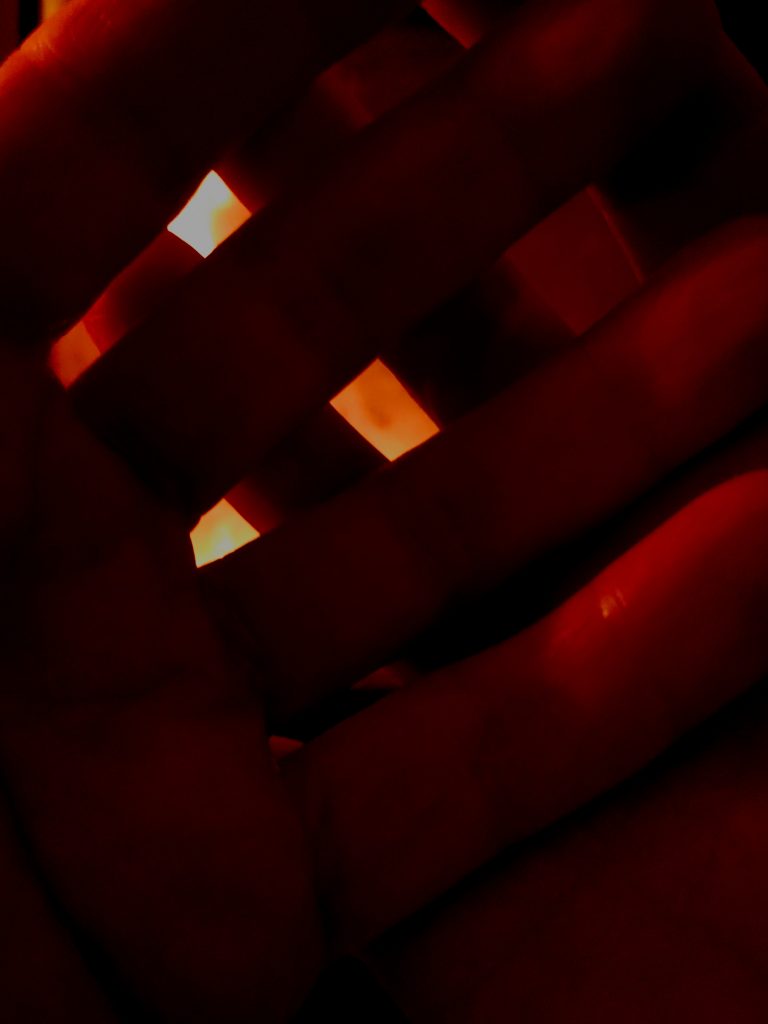
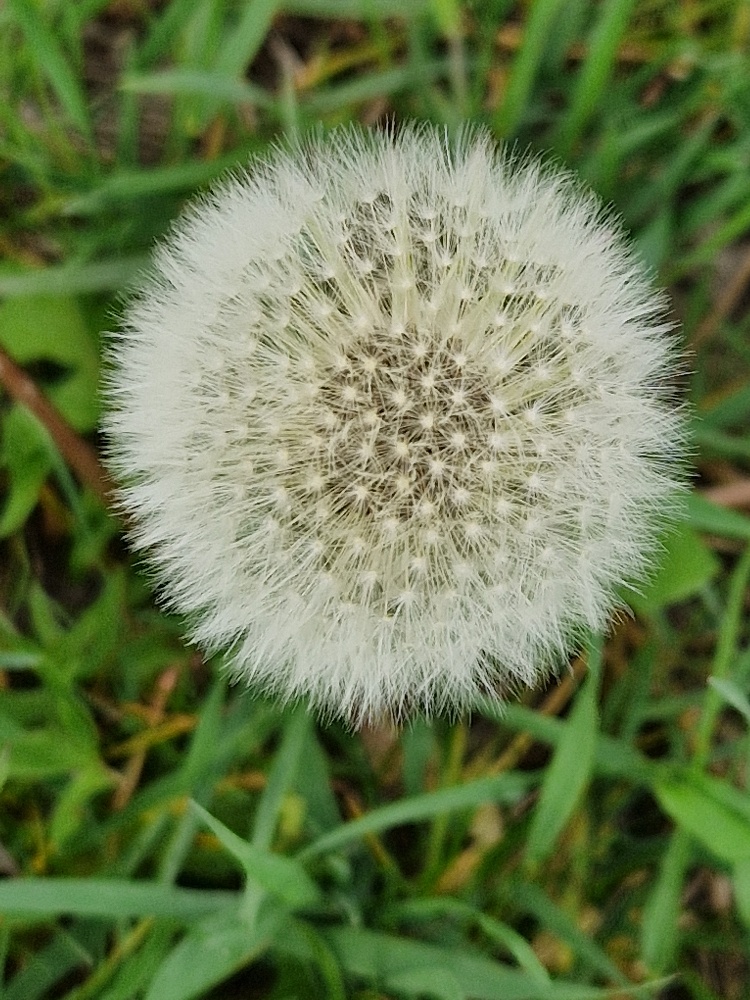
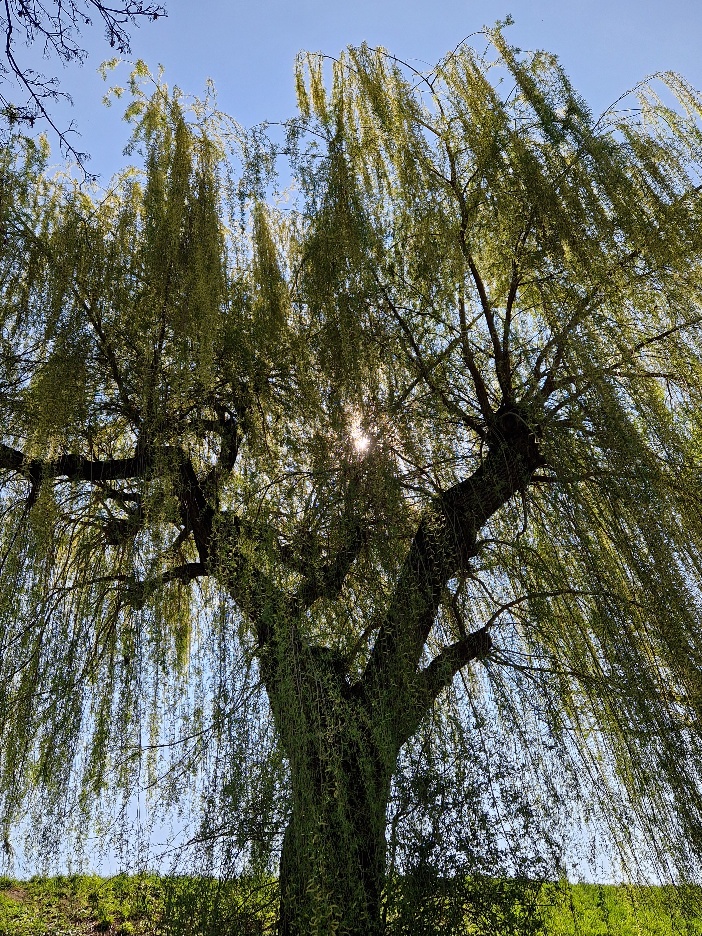
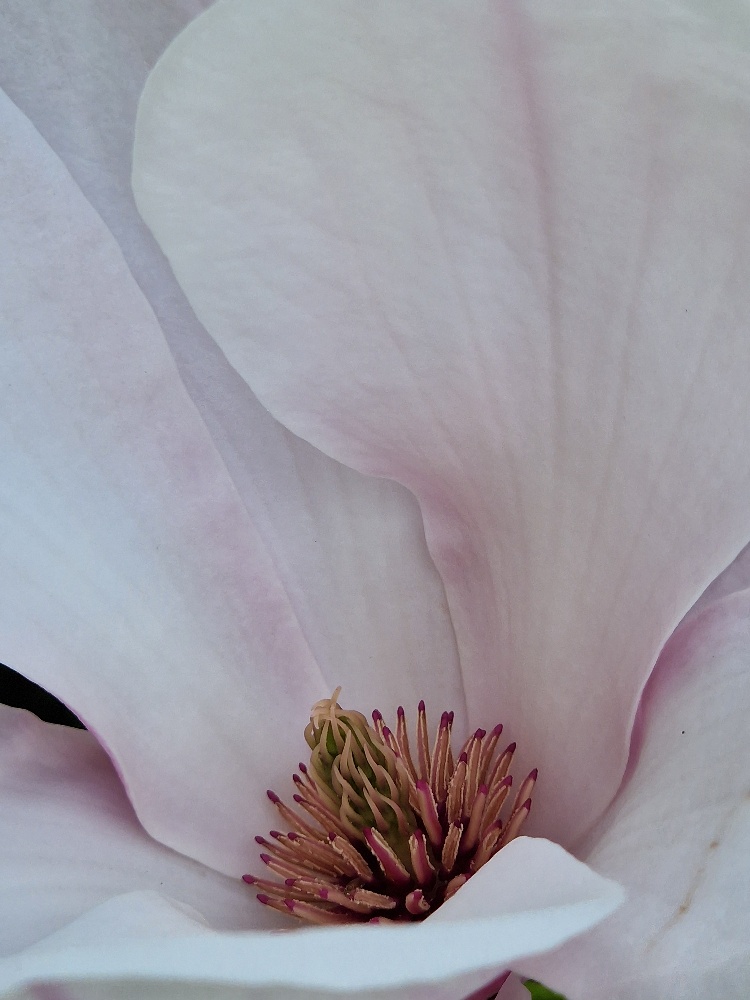
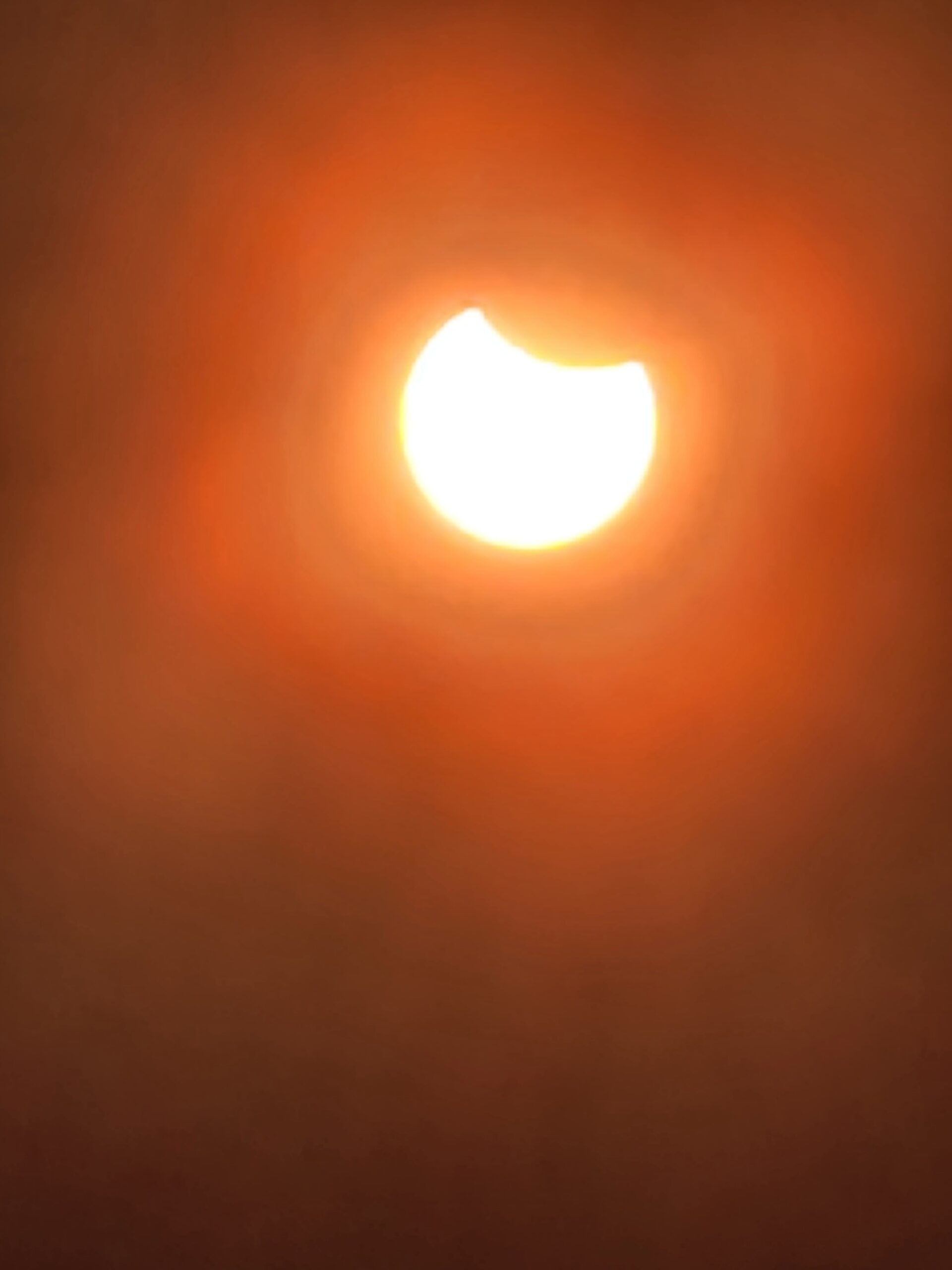
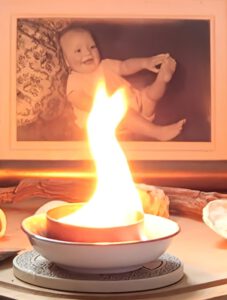
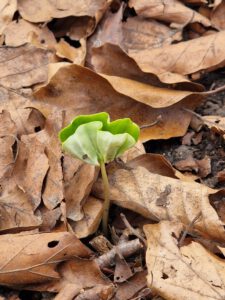



2 Antworten
When I hear the word angst. I think of my German golfing friends in Bavaria. When someone missed a putt short or were tentative in their stroke. They would blurt out “Angsty” or “Angstly”. When I asked what that meant. I was told it meant I putted the ball like a small frightened child. With going with your theme. When I got through life “Angsty” I don’t live to my full potential. My emotions then can be easily controlled by the fear generated by the fear pandering media of today. Fear and hate is a lot “easier, softer way” to go, than Love.
Grazie.